TCRD
Compassionate Wisdom, Service from the Heart
The Tarayana Centre for Social Research and Development (TCRD) is the think tank and research arm of the Tarayana Foundation, focusing on rigorous action-oriented research. Established in 2015, it is evolving into a centre for excellence in action-oriented social research for development. The Centre is home to pre-existing and ongoing research that documents social, environmental and cultural change on the ground, especially for grassroots communities and vulnerable women, men and young people. TCRD aims to exemplify development innovation, as one of Bhutan’s first community-oriented, CSO-run social research institute and think tank.
TCRD contributes to realizing Tarayana Foundation’s vision of a happy and prosperous Bhutan through three objectives:
- To carry out action-oriented social development research in the areas of socio-cultural landscapes, political-ecology, behavioral science, anthropological approaches, indigenous knowledge, and rural innovation that ensures bottom-up knowledge and actionable research;
- To enhance development efforts by creating a repository and storehouse of knowledge from original research by the Centre and rural development initiatives of the Tarayana Foundation, and to provide networking opportunities, knowledge-sharing and linkages amongst researchers, scholars, development practitioners and other agencies in Bhutan; and
- To develop reflexive approaches and social change pathways and theories of change that help to assess the impacts of the Centre’s research and activities on the ground.
B-KIND
Bhutan faces numerous challenges despite its unique approach to development and carbon neutrality. Climate change impacts, struggles with food imports that affect local systems, food security, and self-sufficiency are some challenges faced by vulnerable rural communities. Though women play a significant role in agriculture, food security, and climate adaptation, they are often overlooked and said to have limited control over resources and are excluded in decision-making processes. To address some of these issues, it is felt important to strengthen Bhutan’s fragile ecosystems and culture through an understanding of the biophysical and socio-cultural roles that could reduce the impacts of climate change through a transdisciplinary research approach.
The B-KIND project, an undertaking of TCSRD, the research and think tank of the Foundation in collaboration with the College of Natural Resources, is a step towards a holistic approach to understanding the complex nature of climate change and socio-cultural changes in preparing resilient communities to changes through capacity building and adaptations. The project is implemented in three dzongkhags viz. Gasa, Punakha and Wangduephodrang.
This project aims to enhance the adaptive capacities and resilience of economically vulnerable rural women, men, and youth in Bhutan by developing rigorous evidence-based research that informs policies on climate-resilient food systems, sustainable rural livelihoods, organic farming, healthy food culture, gender equality, and GNH.
The research project focuses on themes such as :
- Climate Change Adaptation
- Sustainable agriculture
- Gender equality and transformative change
- Wellbeing and Gross National Happiness
- Holistic food systems.
The project received a grant of 1.2 million Canadian dollars from the Government of Canada through the International Development Research Centre (IDRC).
